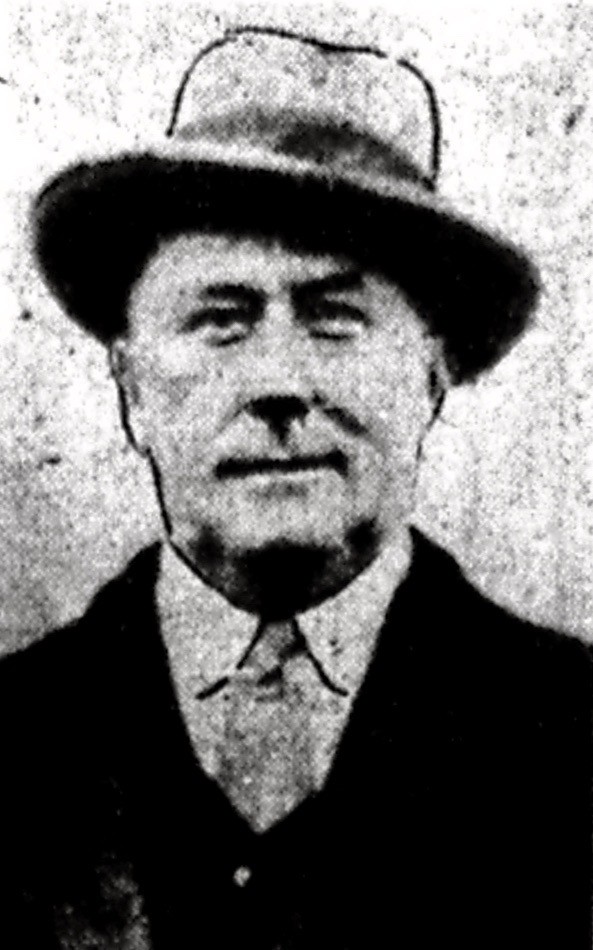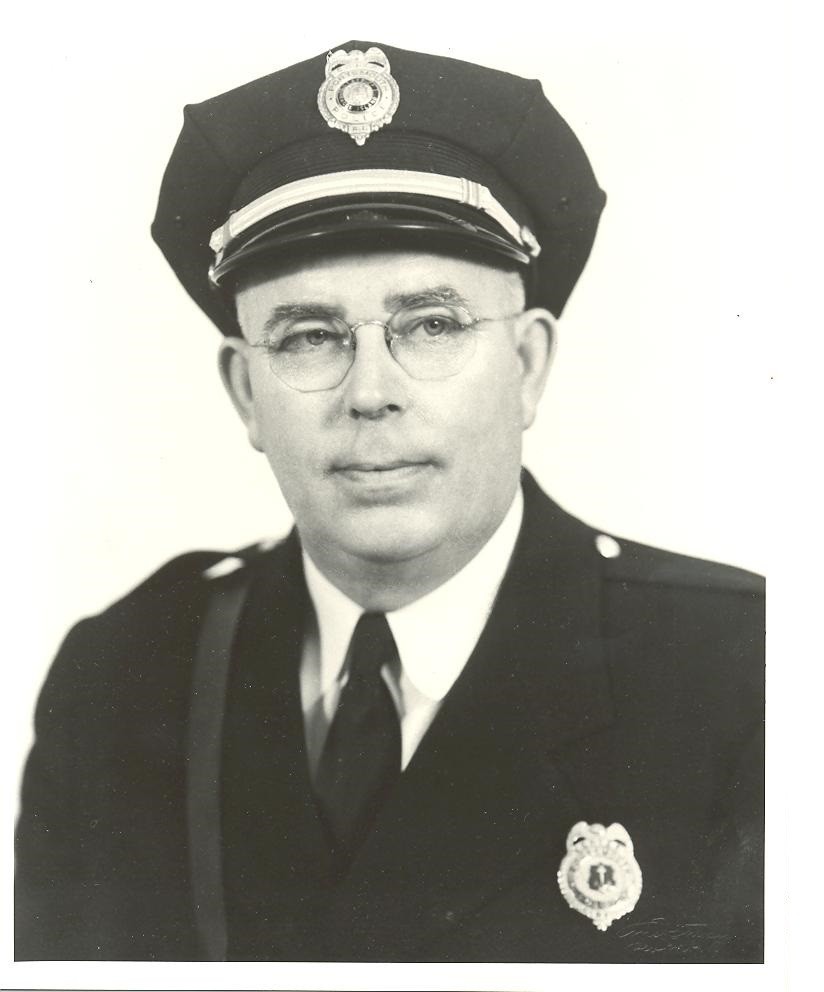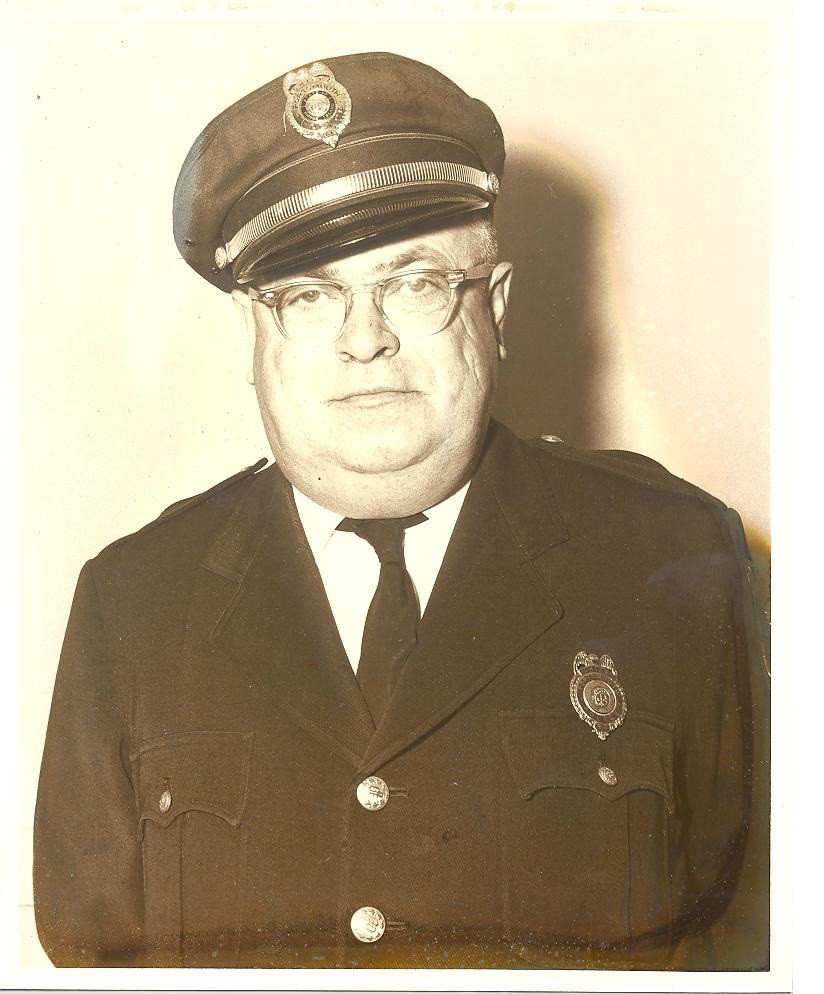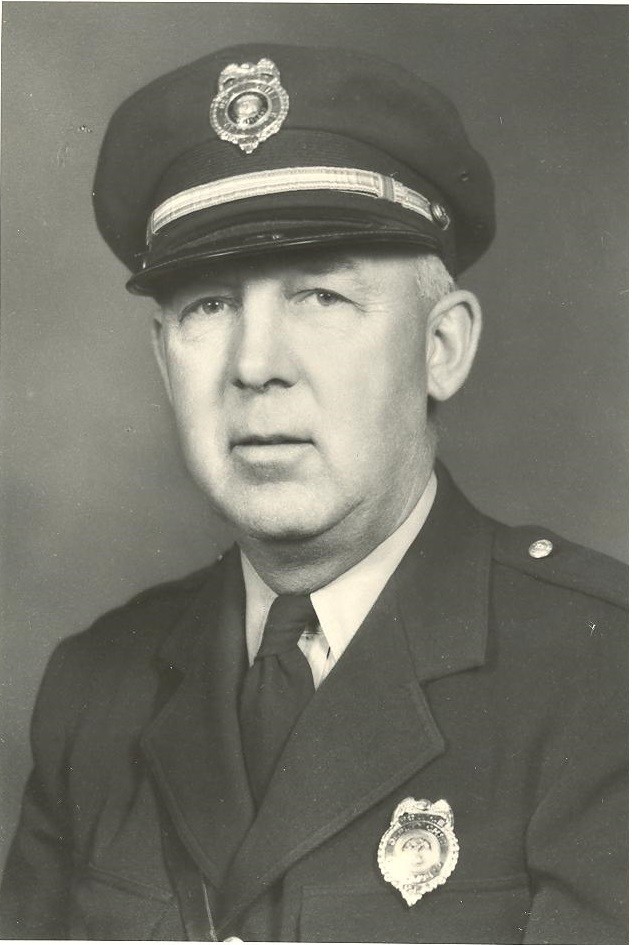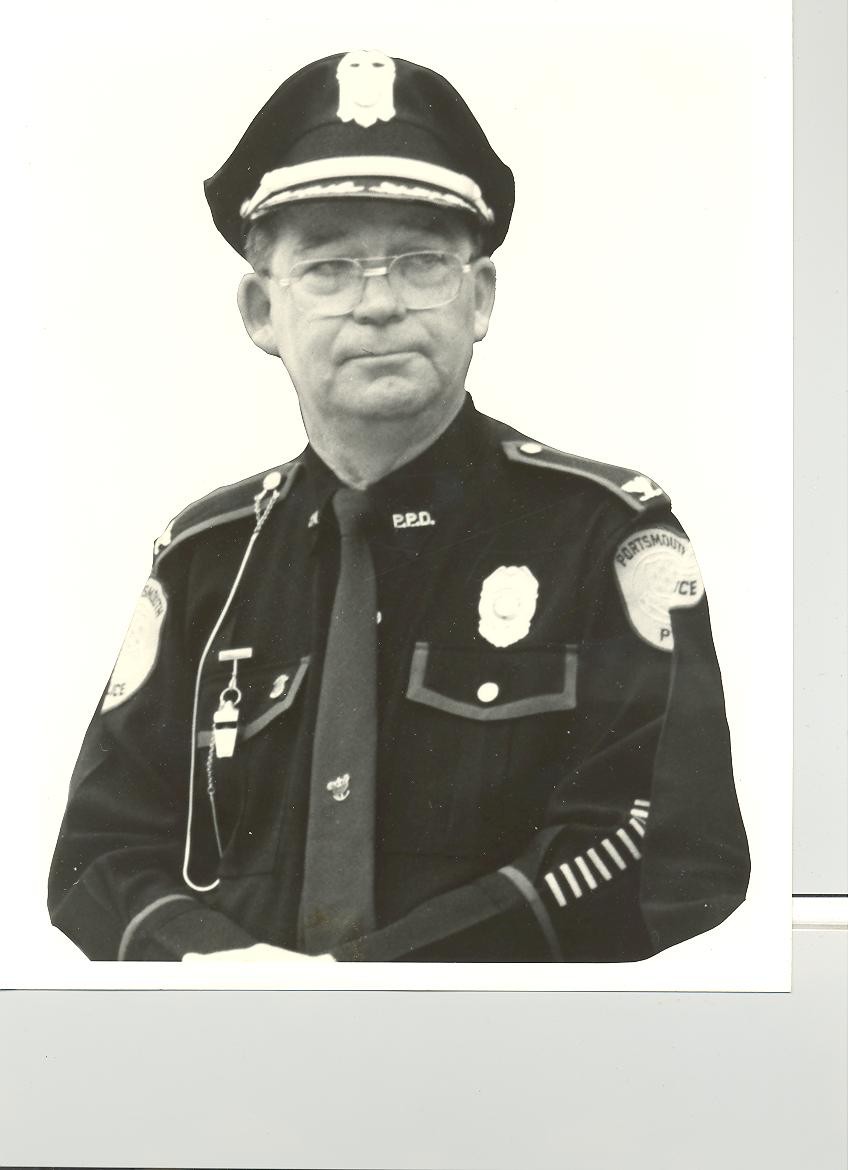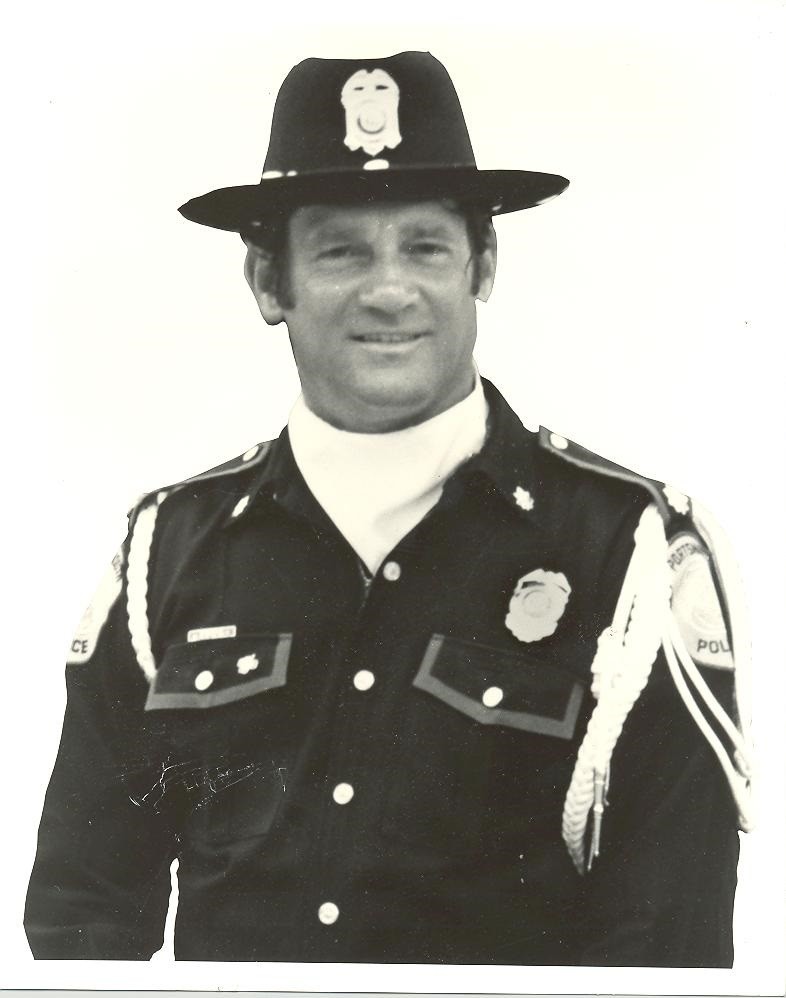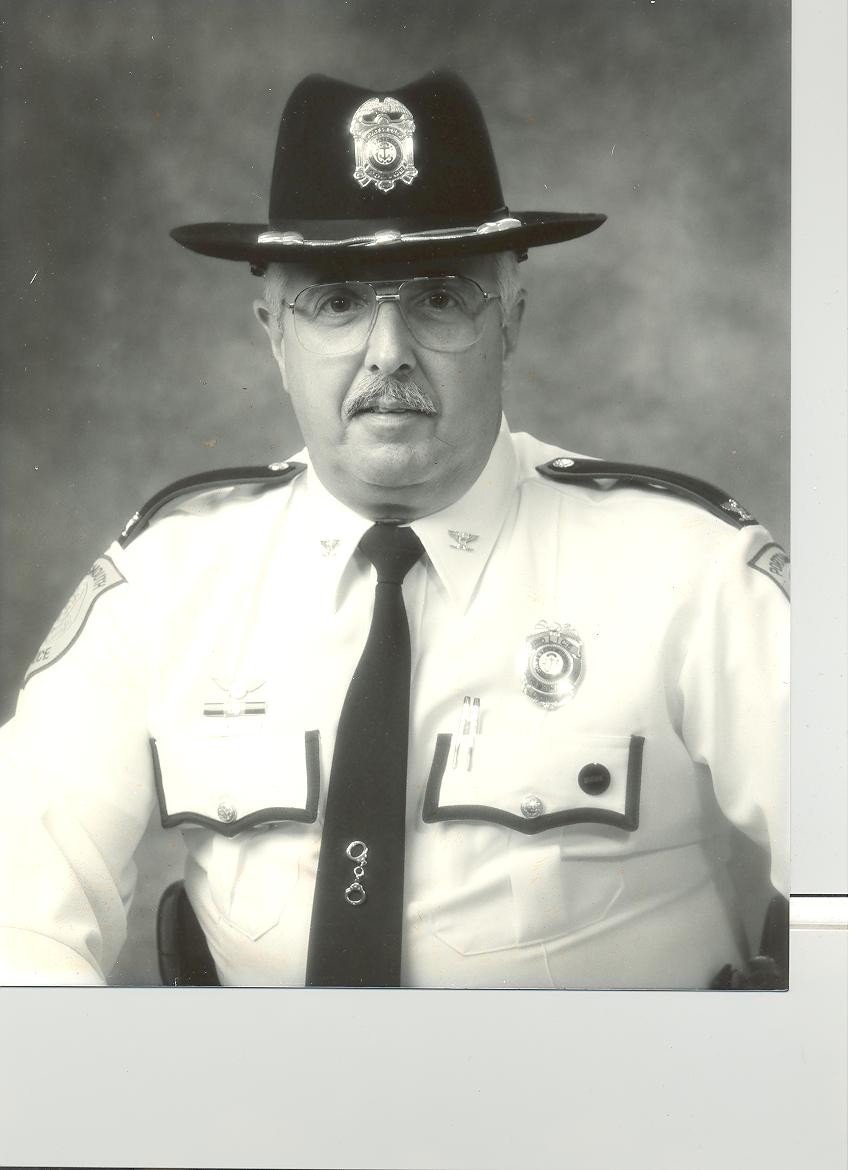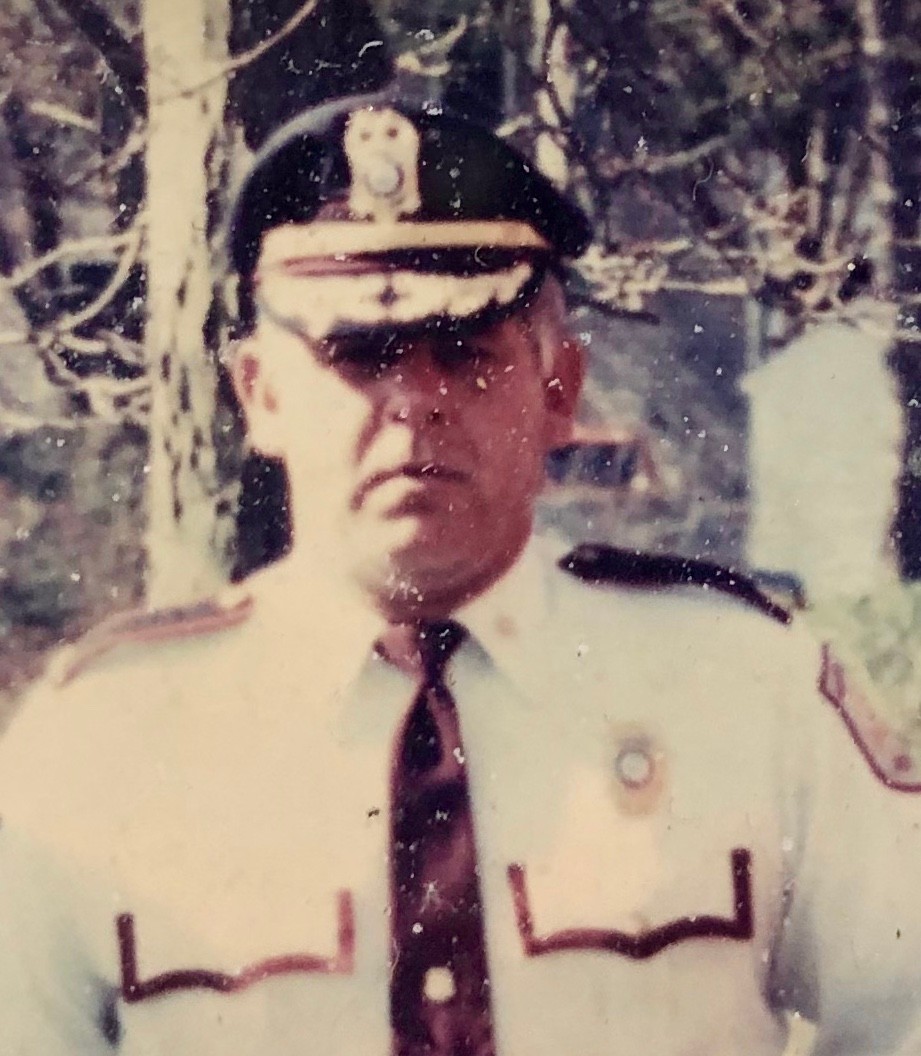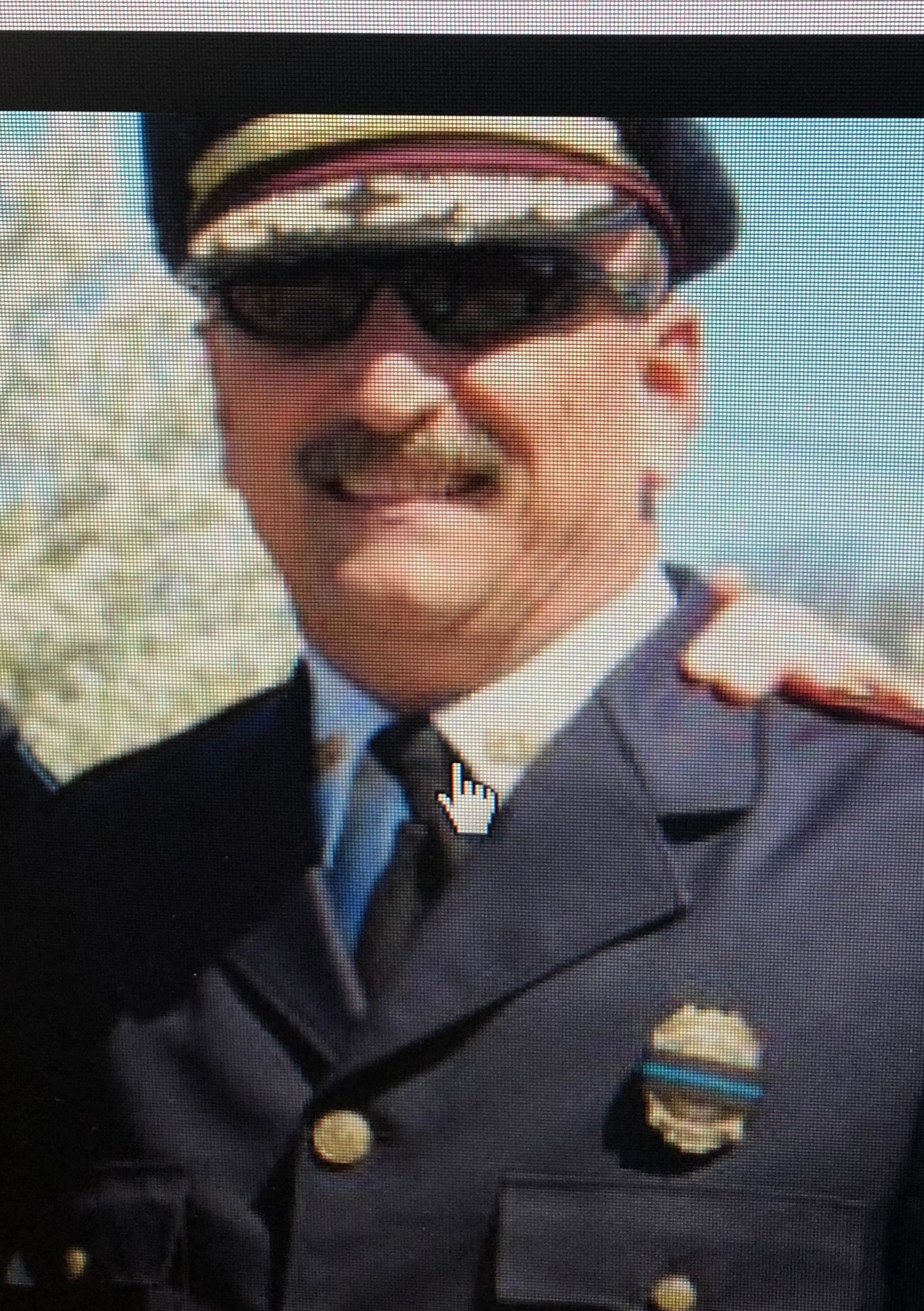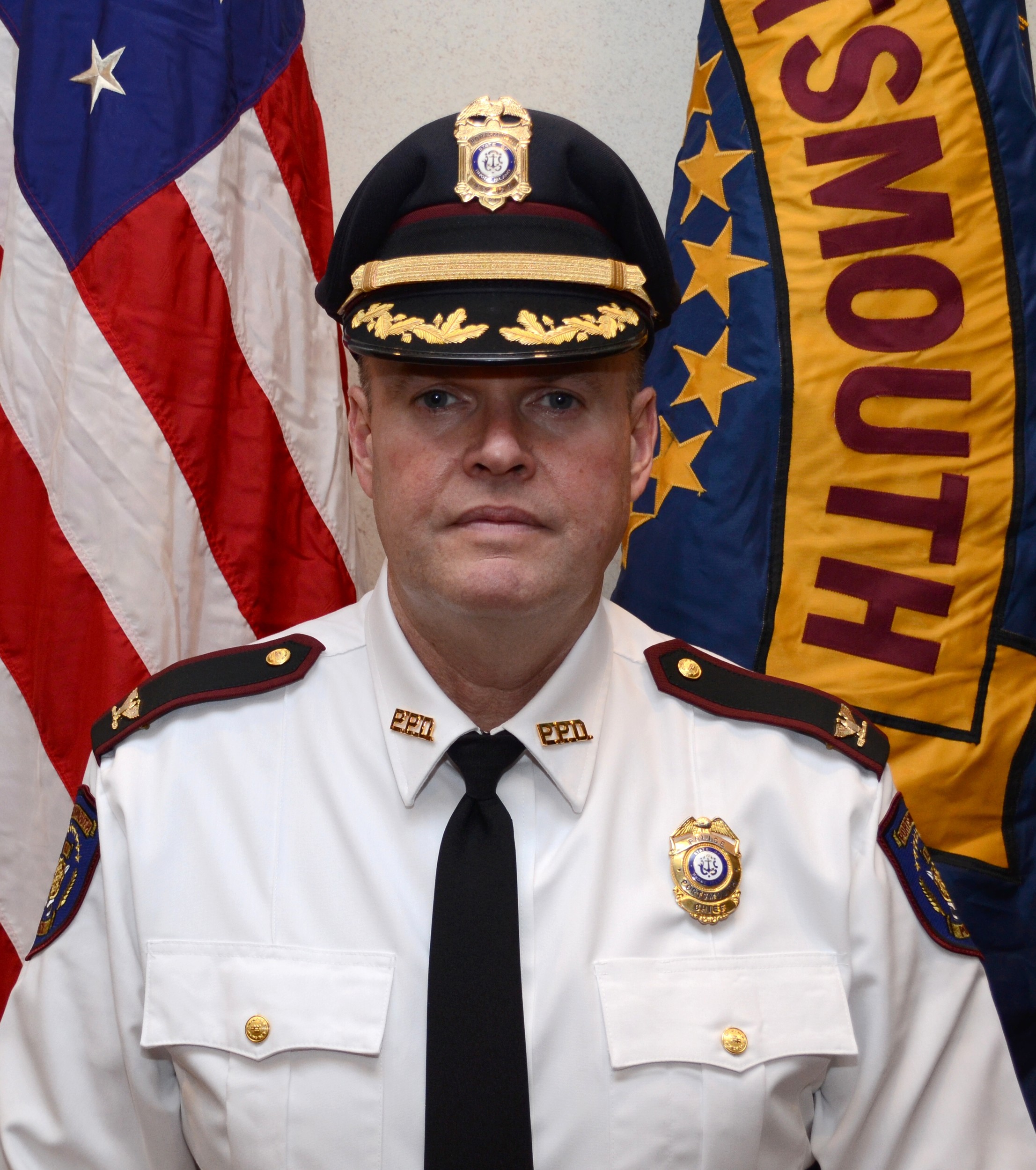- FRIDAY, APRIL 19, 2024
In Portsmouth’s long line of police chiefs, Deegan was the first
Busy during the Prohibition era, he met a sad demise in 1934

PORTSMOUTH — William Deegan was one of Portsmouth’s most intriguing citizens of the 20th century.
Appointed as the town’s first police chief in 1921, his name appeared in countless number of newspaper articles that breathlessly reported on crackdowns on local farmers, rum-runners and speakeasy owners during the Prohibition era.
“He was a very active guy,” said the current chief of police, Thomas Lee.
The Police Department wants to display photos of all its chiefs in the new police station, expected to open in March. Despite his elevated stature in town history, however, a quality photo of Chief Deegan has remained elusive.
“We have a photo of every police chief but him,” Chief Lee said last week. “We’ve been looking online at old newspaper articles, trying to find a photo. We were hoping that someone might know of a relative. We know his family’s from Pennsylvania. We hope someone might know of the family, or even have an old historic photograph. We believe he was at the opening of the Mt. Hope Bridge (in October 1929). He may be in a photo there.”
This week, the Portsmouth Free Public Library finally unearthed an picture of Chief Deegan, from a 1934 Providence Journal article that reported on his death in office. It’s a low-quality image taken directly from newsprint, however, so the department is still looking for something more suitable for framing. If you know where to find a good photo of Chief Deegan, call the department at 401/683-0300 or visit its Facebook page, which is managed by Lt. Michael Morse.
Busy during Prohibition
The town appointed Deegan as its first chief of police on May 9, 1921. His starting salary was 30 cents an hour, although it was bumped up to 40 cents an hour a month later.
He was a particularly busy police chief, since he served during the Prohibition era. With its miles of coastline, Portsmouth had plenty of rum-runners back in the day.
“He’s in a ton of newspaper articles,” Chief Lee said. “He was one of the founding members of the (Rhode Island) Police Chiefs’ Association.”
Before Portsmouth appointed its first police chief, the town was served by a series of part-time constables who usually worked under the town sergeant, according to Town Historian Jim Garman, who is also president of the Portsmouth Historical Society.
Accounts of Chief Deegan’s involvement in local law enforcement during the Prohibition era (1920 to 1933) are featured prominently in the late John T. Pierce, Sr.’s book, “Historical Tracts of the Town of Portsmouth Rhode Island.” (The author was a former Portsmouth police chief himself, having served from 1969 to 1981.)
One of several cases detailed in the book was a raid on McCorrie Farm the morning of Aug. 2, 1923. Accompanied by Officers Bertwhistle and Smoot — they were mostly likely constables, Mr. Garman said — police seized a 75-gallon copper still, 24 barrels of mash, 300 pounds of sugar, six packages of yeast, about 40 pounds of raisins, a bottle of moonshine and other equipment and ingredients necessary to produce the illegal hooch.
“A great deal of police activity locally occurred during Prohibition, although most of it was carried out by the State Police and the Internal Revenue Service,” Mr. Garman said.
The IRS was charged with enforcing Prohibition on land and the Coast Guard at sea, so in many cases local police assisted the State Police and “revenoors,” Mr. Garman said. “Large caches of illegal liquor were frequently seized in farms all over the town.”
During Prohibition, Mr. Garman said, there was also a great deal of illegal activity in Island Park, where “speakeasies” flourished.
Chief Deegan most likely used his own car for police work, which was a typical practice for police before World War II, Mr. Garman noted.
Tragic end
Chief Deegan served as the town’s top cop for 12 years before his life met a tragic end one March day in 1934.
He was found dead in the Freeborn Street boarding house of Ida Grinnell, where he stayed. Another boarder, Andrew Durfee, found Chief Deegan’s lifeless body after he had gone to his room to fetch him for supper.
“Deegan had shot himself through the head with a revolver,” stated an article that appeared in the March 16, 1934 issue of the Newport Mercury.
Dr. Bertram W. Storrs, the town’s medical examiner, determined it was suicide and that Chief Deegan had been dead since morning. He was 51.
“It was said that he had been despondent for several months,” the article stated.
The chief was last been seen alive that morning. “He was driving down Quaker hill and his automobile was later found damaged by a collision against a telegraph pole. It was understood he had gone home after the accident. Mrs. Grinnell was away, and did not know the chief was in when she returned,” the article stated.
After the body was found, State Police sent for Dr. Storrs and the body was taken to the Hambly Funeral Home. His funeral at St. Anthony’s Church on March 12 drew a large turnout. Chief Deegan was buried at Island Cemetery.
State Police determined that Chief Deegan fired the gun himself by using what was a relatively new tool in 1934: a “chemical re-agent test,” used in Portsmouth for the first time. Blue stains — the sign of a positive reaction — appeared on the chief’s hand. The stains were made by minute particles of powder, the article stated, which flew back from the gun and adhered to the hand.
The article went on to say that State Police were trying to locate relatives of Chief Deegan in Pennsylvania, his home state. His brother had died in Pottstown, Penn., a year earlier, and efforts were made to locate relatives there. In his effects, police found a 1928 commencement program, which included the name of “Miss. Gertrude Deegan” of Minersville, Penn., according to the article.
Worked in coal mines
Chief Deegan left Pennsylvania in 1910 to come to work in the Portsmouth coal mines, the article stated. When the mine closed, he became a farmer, finally establishing a small “truck farm” of his own, and then was elected constable. (As used here, the word “truck” means “barter” or “exchange,” from the French word “troquer.”)
At the time of his death, Chief Deegan was also town sergeant and truant officer and vice president of the Rhode Island Police Chiefs’ Association.
“He was considered one of the most progressive officers in the state, and was the first to establish traffic patrols outside the schools, for the protection of children entering and leaving,” the article stated.
Keywords
Portsmouth Police Department, Portsmouth Free Public Library, Portsmouth Historical SocietyOther items that may interest you

